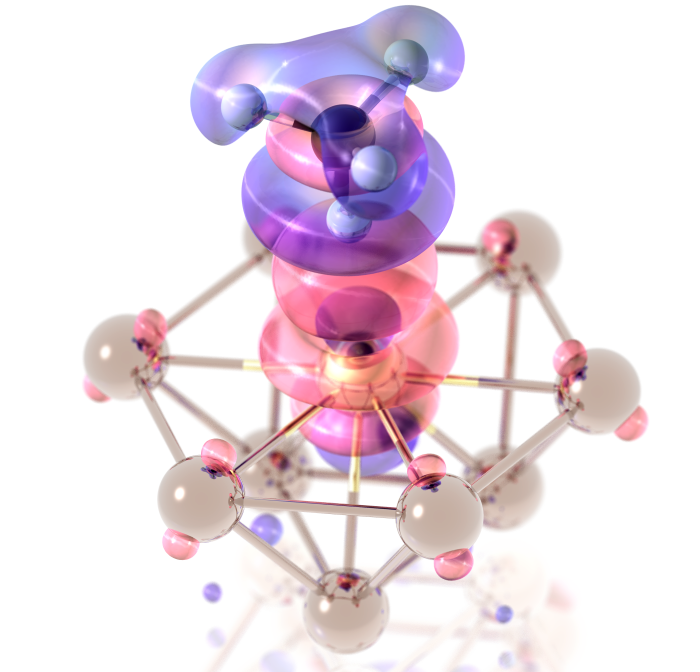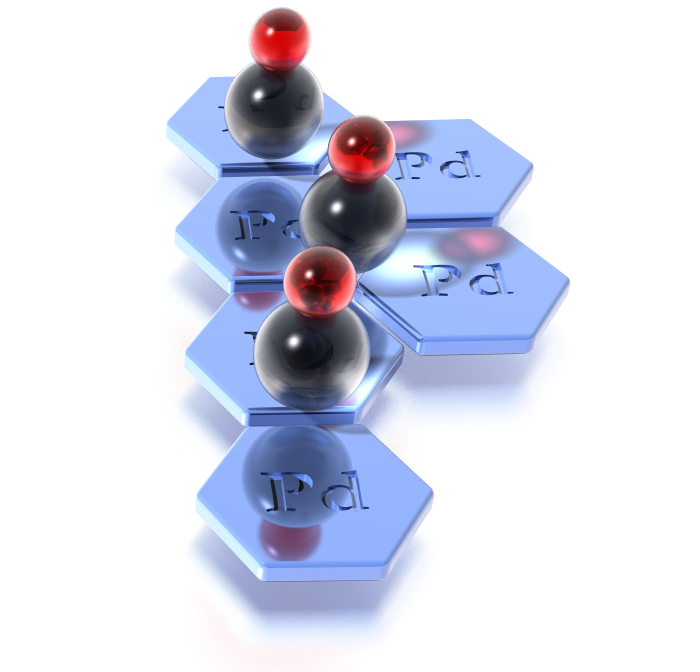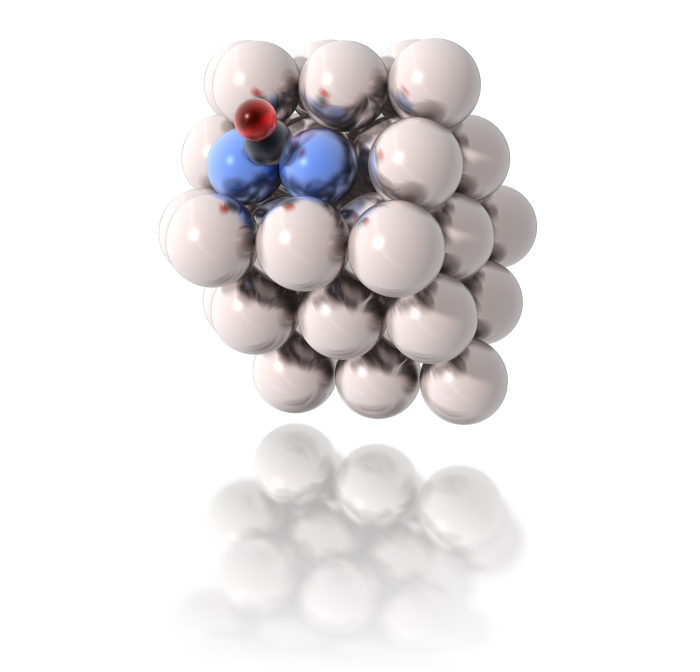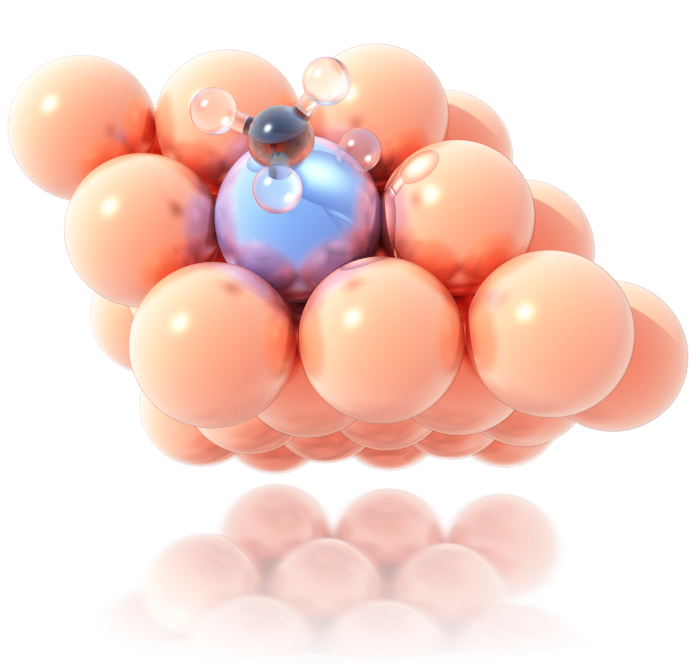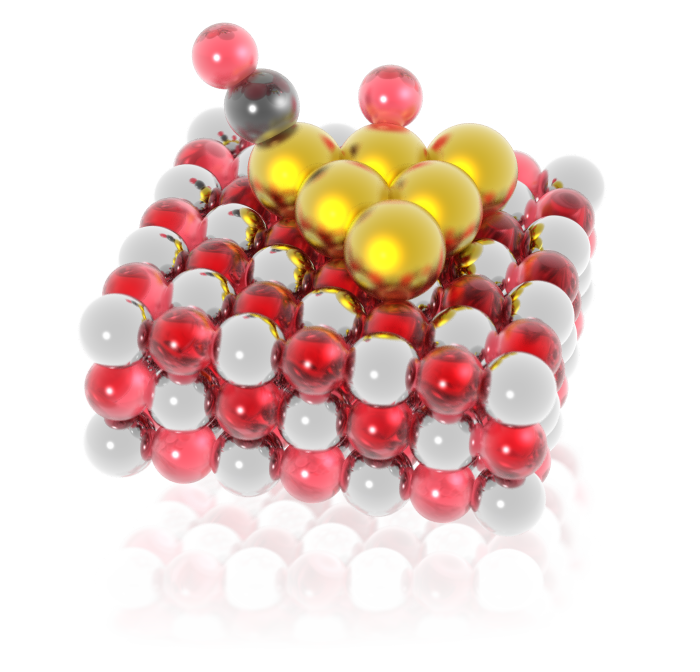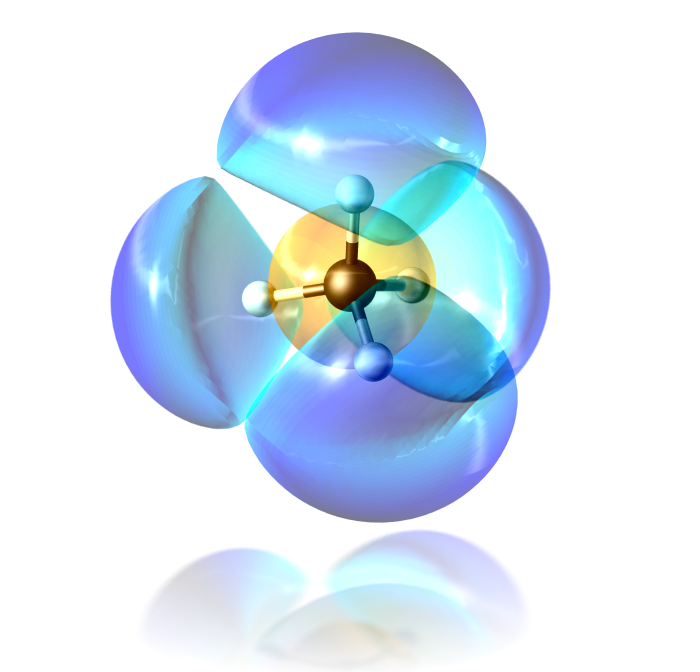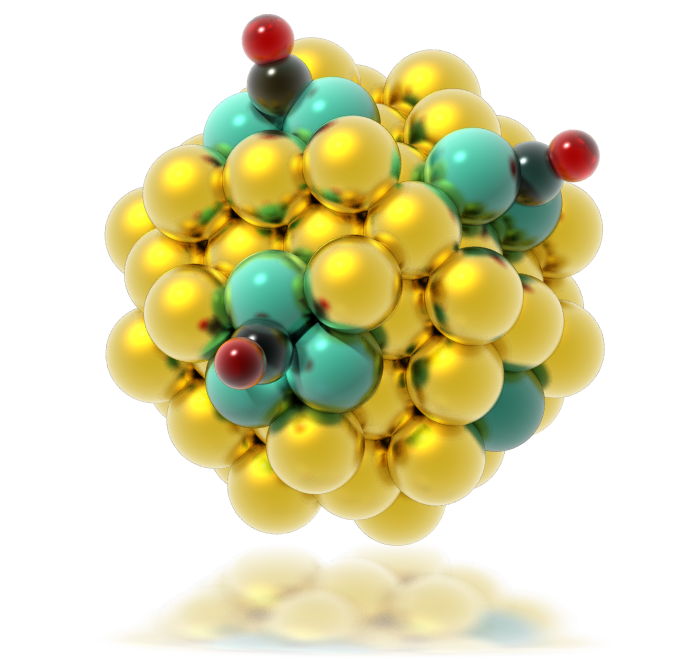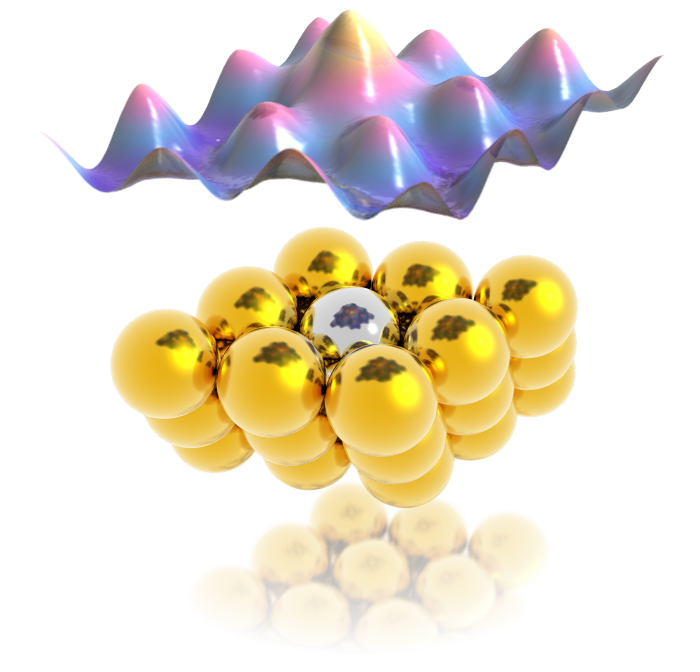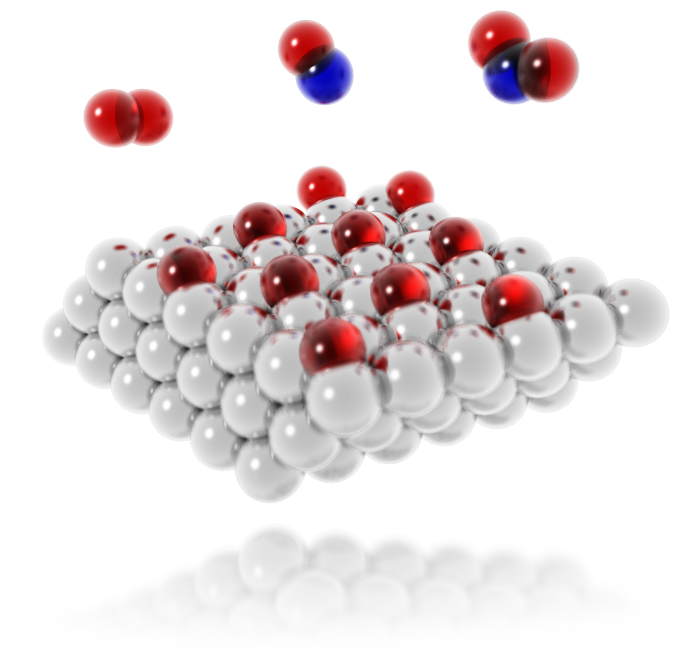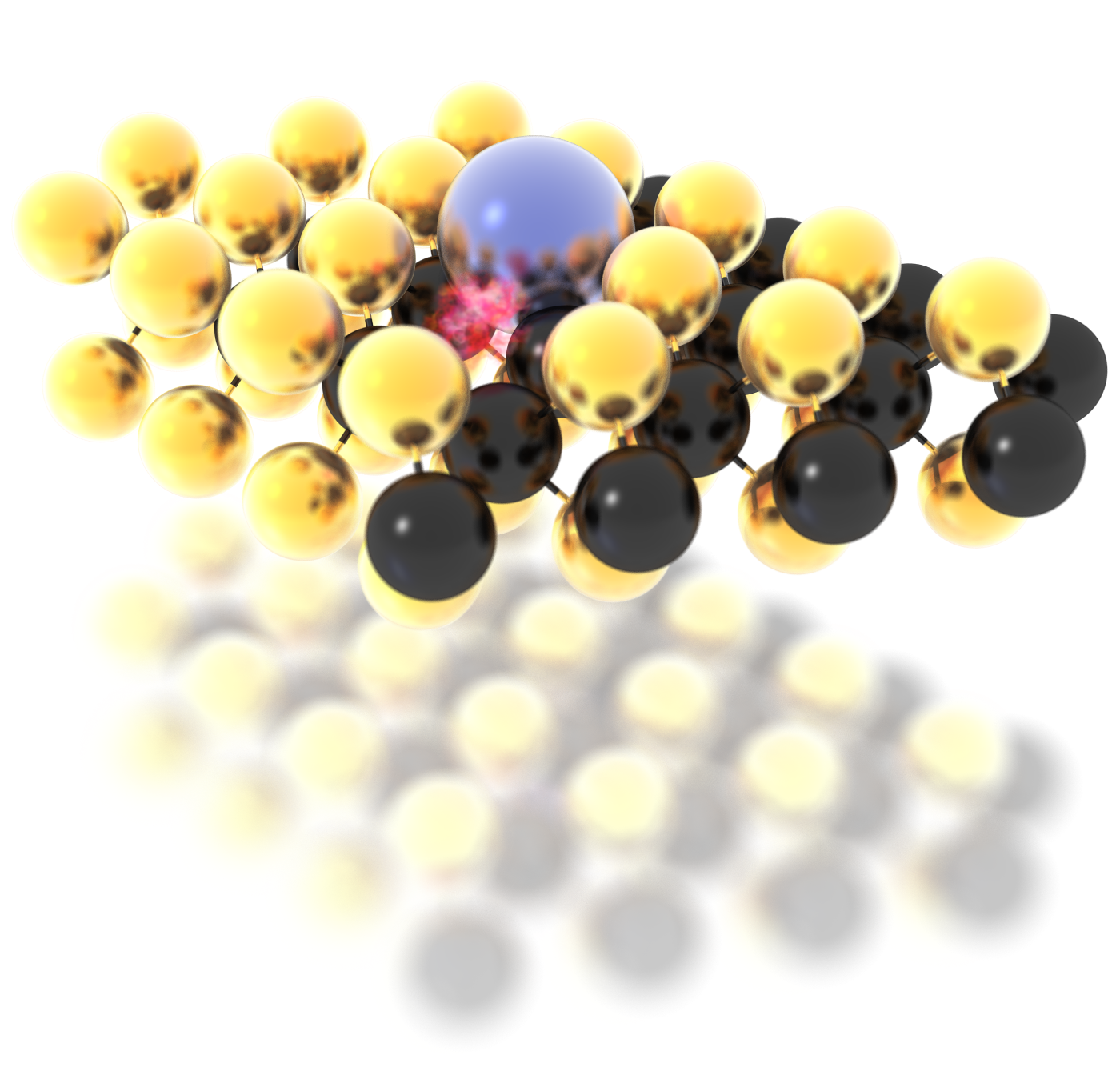Our Mission
The energy problem, environmental and health issues, as well as the recent economic struggles pose major challenges for current societies. Catalysis and materials science can play a major role in overcoming such challenges with the engineering of tailored materials suitable for applications such as the conversion of renewable feedstocks into chemicals and fuels, the storage of hydrogen, or the utilisation of CO2. Such applications are key in the development of efficient technologies and the improvement of the quality of life.
Our research efforts aim towards obtaining a fundamental understanding of the underlying physico-chemical processes during catalysis and materials synthesis. We develop and use multiscale computational methods to model, simulate and predict the properties of materials for desired applications.
Latest News
- 21/03/2024: Our review titled “Transition Metal Carbides as Supports for Catalytic Metal Particles: Recent Progress and Opportunities” is now openly available in The Journal of Physical Chemistry Letters. Congratulations, Hector!
- 23/01/2024: Our latest paper titled “Ten-electron count rule for the binding of adsorbates on single-atom alloy catalysts” is now published online in Nature Chemistry. A commentary on the article was published by the University of Oxford. Congratulations, Romain, for taking the lead on this excellent fundamental work, as well as to all contributors!
